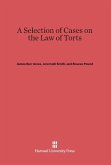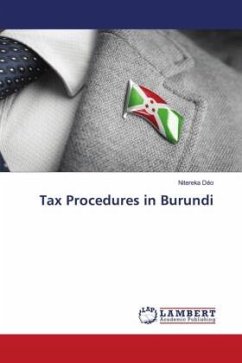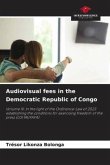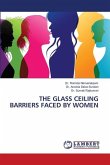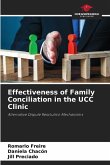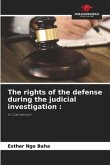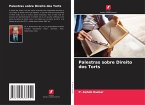This book collects essays originally published during the nineties and aughts as law review pieces, dealing with the 'tort reform' movement of that era. That movement succeeded in partly reversing pro-consumer tort law changes of the prior generation, which sought enhanced consumer safety through stricter liability against providers of goods and services. The 'tort reform' counter-revolution highlighted purported disadvantages to stricter liability. This counter-revolution produced pro-defendant legal doctrine in warning law, joint liability, and damages limits, among other things, despite misleading and incoherent arguments. By reducing plaintiff recovery chances and amounts, such 'tort reform' reduces safety incentives among defendants. Yet unsafe goods and services still pose serious dangers. The counter-revolution sprang from highly-organized interests and can be reversed only through a cohesive rally by pro-consumer voices. This book provides analytical support to such voices. It establishes that anti-consumer 'tort reform' was a serious misstep, based on faulty conceptualizations that need to be understood clearly.
Bitte wählen Sie Ihr Anliegen aus.
Rechnungen
Retourenschein anfordern
Bestellstatus
Storno


